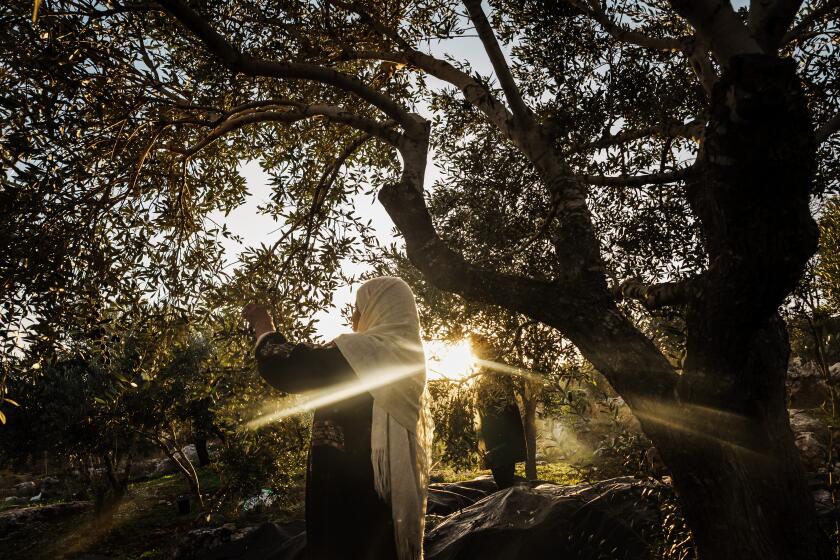Marcus Yam is a roving Los Angeles Times foreign correspondent and staff photographer. Born and raised in Kuala Lumpur, Malaysia, he left a career in aerospace engineering to become a photographer. His goal: to take viewers to the frontlines of conflict, struggle and intimacy. His approach is deeply rooted in curiosity and persistence. In 2022, Yam won the Pulitzer Prize for breaking news photography for images documenting the U.S. departure from Afghanistan that capture the human cost of the historic change in the country. Yam is a two-time recipient of the Robert F. Kennedy Human Rights Journalism Award, notably in 2019, for his unflinching body of work showing the everyday plight of Gazans during deadly clashes in the Gaza Strip. He was also part of two Pulitzer Prize-winning breaking news teams that covered the San Bernardino, Calif., terrorist attacks in 2015 for the Los Angeles Times and the deadly landslide in Oso, Wash. in 2014, for the Seattle Times. His previous work has also earned an Emmy Award for News and Documentary, World Press Photo Award, DART Award for Trauma Coverage, Scripps Howard Visual Journalism Award, Picture of the Year International’s Newspaper Photographer of the Year Award, Society of Professional Journalists’ Sigma Delta Chi Award, National Headliner Award and an Alfred I. duPont-Columbia University Award. When he’s not working, Yam likes minimizing and organizing his life for efficiency for emergencies.
Latest From This Author
Las Girl Scouts de esta tropa, en uno de los refugios de emergencia para inmigrantes de Nueva York, conocen las dificultades y las pérdidas. Pero al menos en las reuniones llegan a ser niños.
The Girl Scouts in this troop, in one of New York’s emergency migrant shelters, know hardship and loss. But at meetings at least, they get to be kids.
Trump acolyte Nigel Farage, polarizing leader of a far-right party, is running for British Parliament. Could he lead a MAGA-like takeover of Conservatives?
Ukrainians displaced by war find new purpose in Shakespeare’s play of love, loss and madness, bringing their blood-red version to the bard’s hometown.
Israelis, mostly ultranationalists, march through Palestinian-dominated East Jerusalem.
Israel-Hamas war: In Qatar’s capital, a compound housing Palestinian medical evacuees from Gaza is a living catalog of what war does to the human body.
At a rare bilingual school in Israel, students coexist and learn in Arabic and Hebrew together. Could parents follow their example?
As Ramadan fasting ends amid the Israel-Hamas war, Palestinian Muslims in Jerusalem’s Old City are somber, skipping festivities in sympathy with Gazans’ suffering.
Benjamin Netanyahu is the king of political survival. But amid the Gaza war, the opposition comes from diverse segments of Israeli society and from abroad.
As Israeli settlers use the war in Gaza as a pretext for a land grab in Palestinians’ other territory, olive farmers fear their way of life may be on the verge of extinction.









